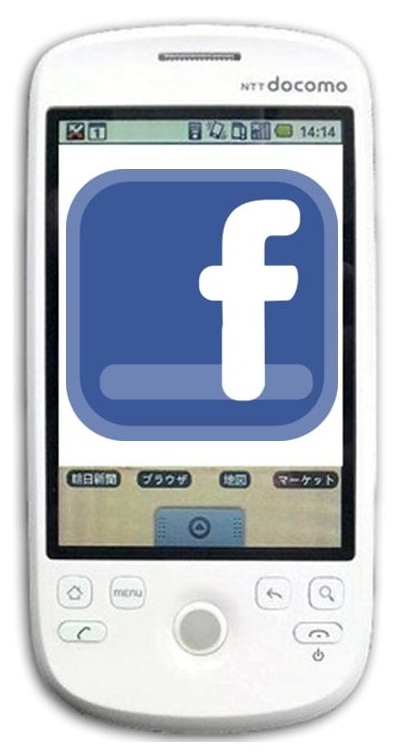New partnerships could give Facebook a foothold in mobile commerce
Facebook has shown some interest in mobile commerce recently, but has yet to take any aggressive action on this interest. The social network facilitates mobile payments, mostly through the variety of social games it supports, but does not boast of a major presence in the mobile commerce sector. That may soon change, however, as Facebook has announced its partnership with PayPal, Stripe, and Braintree. The partnership with these companies may help Facebook gain a foothold in the mobile commerce space.
New service designed to make payments more convenient
Through the partnerships it has made, Facebook intends to deploy its “Autofill With Facebook” service. The service is meant to enhance the payment experience, making purchasing items online more convenient for consumers. The service functions like typical autofill features for web browsers, but focuses on financial information. Using the Autofill service allows consumers to store their financial information with Facebook, which can access this information to fill out payment forms in a convenient manner.
 Service is meant to supplement mobile commerce services
Service is meant to supplement mobile commerce services
The service is not meant to compete with other mobile commerce services. Facebook intends for the Autofill service to be a supplement to mobile commerce, making payments less of a hassle for consumers on mobile devices. Facebook may eventually seek to compete in the mobile commerce space, but is currently content to provide auxiliary support for the wide variety of mobile commerce services that currently exist, all of which are vying for the attention of consumers.
Facebook focuses on marketing
Facebook currently has a strong focus on marketing rather than mobile commerce. The social network is working to become more attractive to marketers by improving its services relating to mobile advertisements. Last year, the social network introduced Facebook Graph Search, which is meant to give users a very deep insight into the various demographics that make use of the social networking platform. This search engine has been relatively well received by marketers.

 Companies are failing to meet the expectations of consumers in their mobile marketing and commerce.
Companies are failing to meet the expectations of consumers in their mobile marketing and commerce.